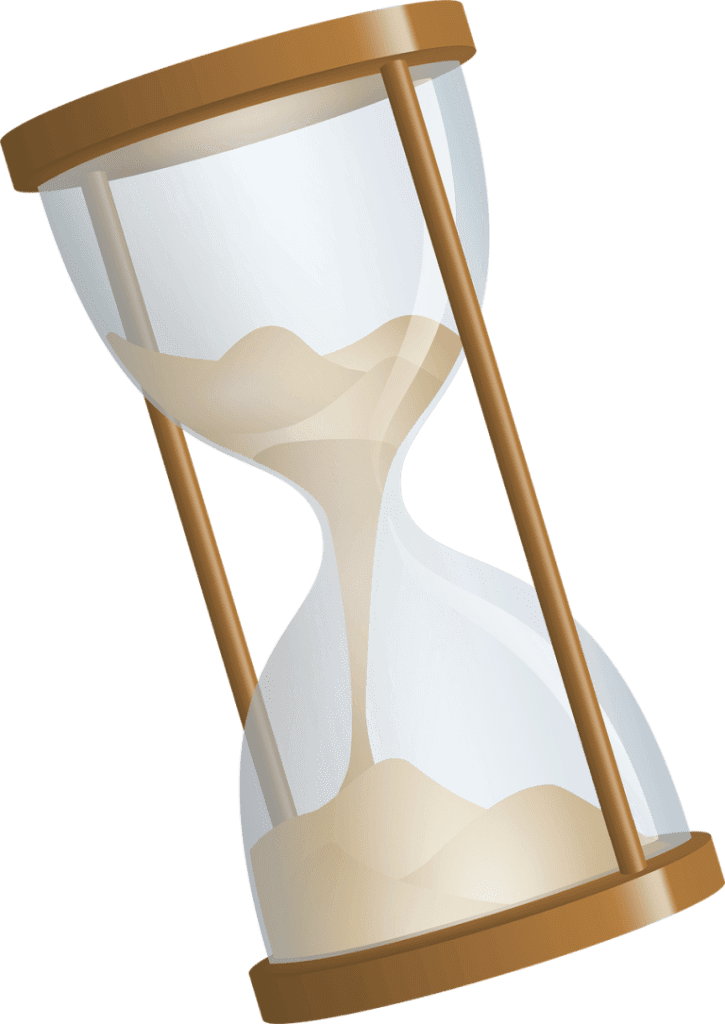
Fasting before blood tests – babies, children and adults
I have yet to come across a topic that prompts more questions in a person who needs to undergo blood work the next morning and does not know what he/she are allowed to eat or drink prior to the test.
And of course, the night you are told not to eat you will all of a sudden get the munchies at midnight. And if you’re a baby or a child, it gets even more difficult.
Fortunately, most lab requisitions that are given out will indicate whether you need to be fasting for the blood test and if so, will present you with the precise instructions.
Nonetheless, people tend to get confused about the rules for fasting before blood tests, especially when it comes to babies and children.
So we have gathered here to clarify this confusion.
Why is it necessary to make changes such as fasting prior to blood tests?
This is necessary for two specific components of the blood tests.
Sugar – especially in order to identify pre-diabetes. In fact, a blood sugar test, or glucose test, is usually referred to as a “fasting glucose test”.
Blood fats (lipids) – especially triglycerides.
Are these two included in all blood tests? How can I tell whether they will be included in my test?
If your doctor has requested a biochemistry panel, your glucose levels will always be included tested. Sometimes the request will simply say “biochemistry” and other times you will see the word “glucose” on the list.
If your doctor would like blood lipids to be tested, they will have to indicate this on their requisition, under “cholesterol” and” triglycerides” or “TG”.
Is there a difference between children and adults when it comes to blood tests and fasting?
Fortunately, conditions such as pre-diabetes, diabetes and hyperlipidemia are not as common in children as they are in adults. Therefore, most of the time when children need to get routine blood tests done there is no need for them to fast prior to the test, unless their doctor is looking to test for the parameters mentioned above.
Furthermore, the length of the fast differs in children, especially in younger babies, as you will learn below.
How long do we need to fast for prior to blood tests?
For a fasting glucose test, you need to be fasting for at least 8 hours prior to the test.
For a blood lipids test, you need to be fasting for 12 hours prior to the test.
What should I do if I got tested without fasting for the required number of hours? Should I repeat the test?
At the end of the day, if your glucose levels and blood lipid results are normal despite not having fasted the right number of hours, then there is no need to repeat the test.
If one of these results are above normal, and your physician finds in fitting, you may be requested to repeat the test for a more reliable result.
What about babies who cannot fast for 8 hours?
As I mentioned above, we do not usually test for pre-diabetes or lipid abnormalities in babies or children, and so there is no need for a baby to fast for 8 hours prior to their blood test.
Older children, who do not usually feed overnight, can skip breakfast prior to their blood test if this is needed, depending on the test being performed.
When we mention fasting, does this means nothing at all?
You are only allowed to drink water while fasting. Coffee, chewing gum, orange juice and chicken soup are not allowed! (But if you’d like to read more about the benefits of chicken soup, click on the link here).
What about my regular medications? Can I take them prior to my blood test?
If you haven’t been told otherwise, take your regular medications as usual before your blood test, with a glass of water.
What if I need to get blood tests done urgently and I have not been fasting?
In emergency situations we take blood tests regardless of whether the patient has been fasting, but we do not consider the glucose and lipid results.
Again, fortunately for children, when their blood tests are taken to investigate a fever or any other reason, the glucose and lipid results tend to remain within normal limits despite them being taken while the child was not fasting. Therefore, usually, there is no need to repeat the tests while fasting.
To summarize, this can be a confusing topic but in practice you only need to remember three things:
a. If you are going to be tested for a biochemistry panel including glucose and/or lipids, you need to be fasting for 8-12 ours prior to the test (8 hours for glucose, 12 hours for lipids).
b. Babies and children who are getting routine blood tests done do not need to fast (and are also incapable of fasting).
c. If you have already had a blood test done when you were not fasting and the glucose and lipids levels were within normal limits, then there is no need to repeat the test, unless your doctor requests it.
Good luck on your blood tests!
For comments and questions, please register
